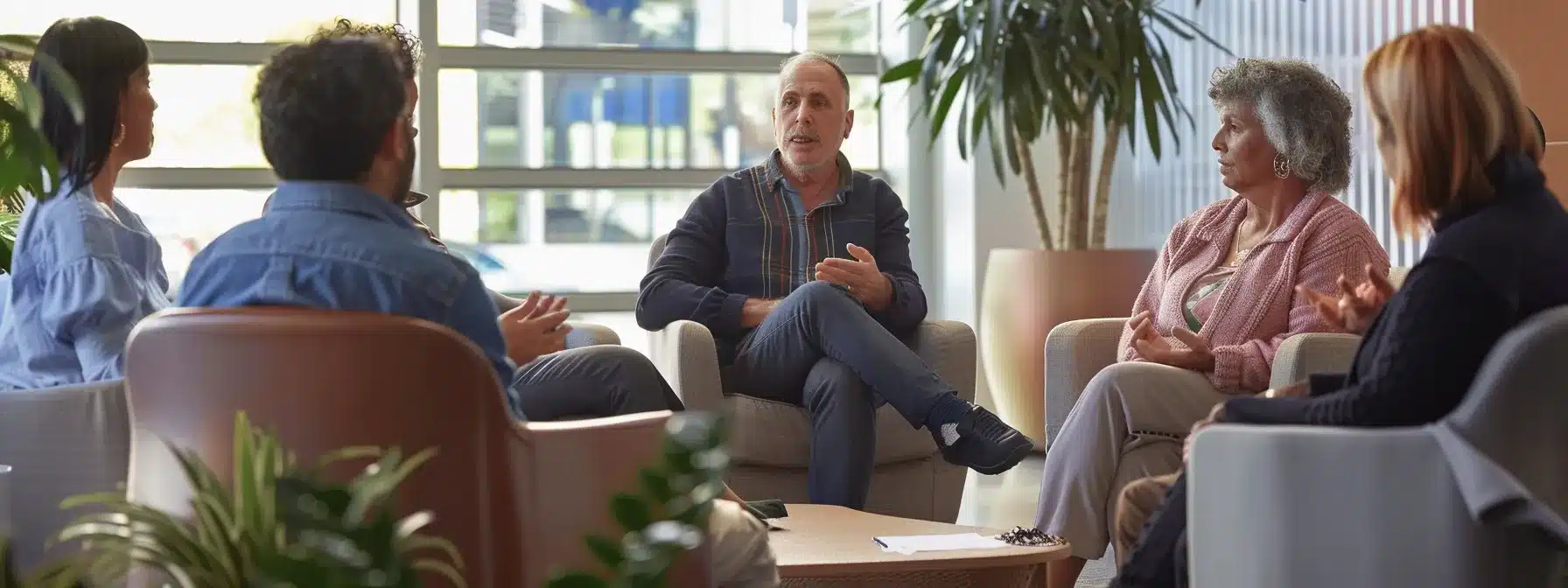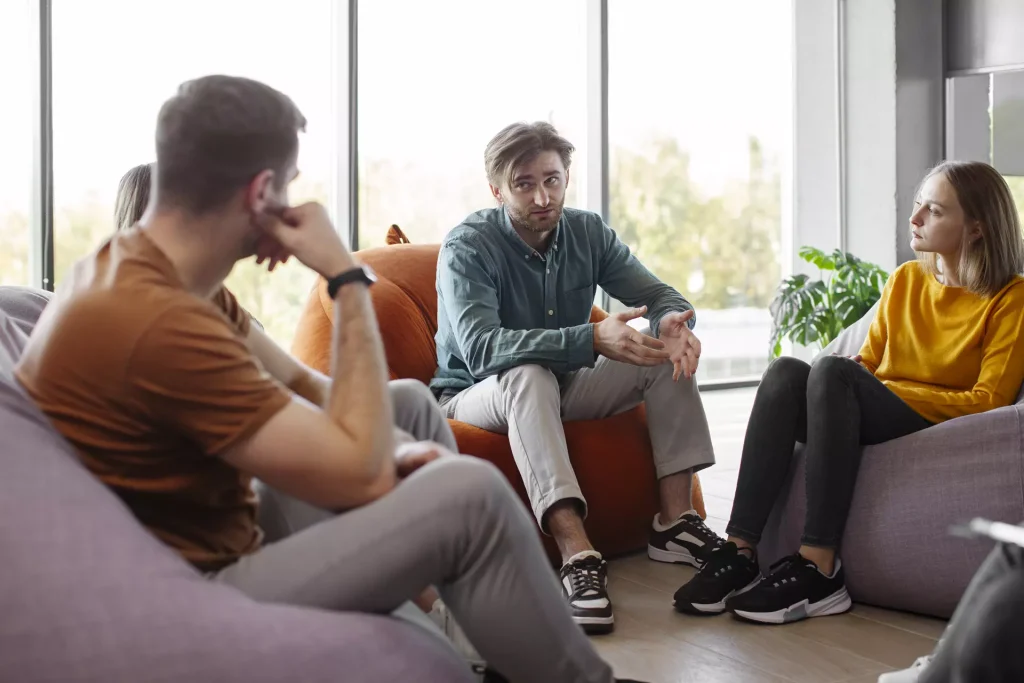24/7 Helpline:
(866) 899-221924/7 Helpline:
(866) 899-2219
Learn more about Depression Treatment centers in Union County

Other Insurance Options

Amerigroup

Choice Care Network

CareSource

PHCS Network

Premera

Aetna

MHNNet Behavioral Health

Horizon Healthcare Service

Optum

Magellan
Beacon

BHS | Behavioral Health Systems

Ceridian

Molina Healthcare

Access to Recovery (ATR) Voucher

UnitedHealth Group

Sutter

Medical Mutual of Ohio

WellPoint

Ambetter

MedMark Treatment Centers
MedMark Treatment Centers offers outpatient treatment for individuals with an opiate addiction. MedM...

MedMark Treatment Centers
MedMark Treatment Centers offers outpatient medication assisted treatment for opiate addiction by th...

Firetree – Conewago Indiana
The Firetree Conewago Indiana facility is a dual diagnosis substance abuse treatment center in Blair...














